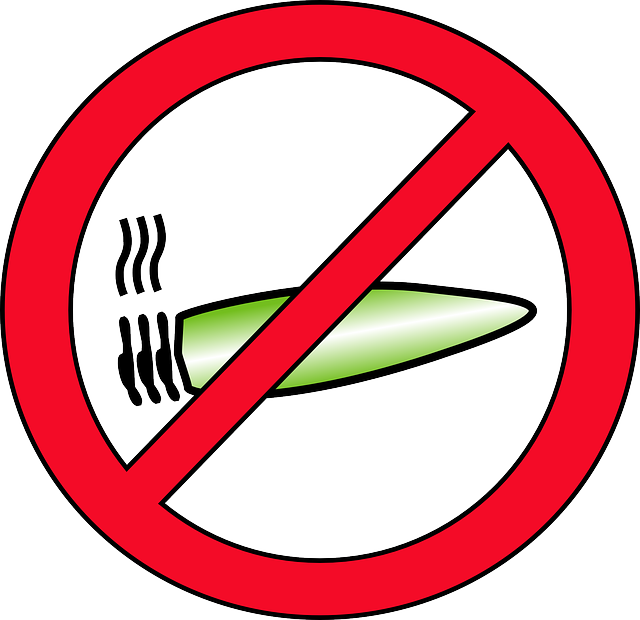In April, Canadian Prime Minister Justin Trudeau’s government introduced legislation that would allow adults to possess, share and purchase marijuana, while also strengthening penalties for those who give or sell the products to youth.

The Cannabis Act, Bill C-45, has received praise from several high level officials in the country to include Parliamentary Secretary to the Minister of Justice, Bill Blair and Minister of Health, Jane Philpott, who said, “The Cannabis Act will help keep our children safe and address the health risks associated with cannabis. The proposed legislation would allow Canadian adults to possess and purchase regulated and quality-controlled cannabis products, while prohibiting sales to young Canadians and any products, promotion, packaging or labeling that could be appealing to young people.”
However, not everyone is on board and the interim editor-in-chief of Canadian Medical Association Journal (CMAJ) is calling on the Parliament to vote against it.
Diane Kelsall, MD, MEd wrote in an editorial published today in the CMAJ that legalizing marijuana in Canada will jeopardize the health of young people.
“Simply put, cannabis should not be used by young people,” says Dr. Kelsall. “It is toxic to neurons, and regular use of marijuana can actually change their developing brains.”
The bill would make it legal for Canadians aged 18 and older to grow, buy and use recreational marijuana.
Kelsall writes:
The Canadian Paediatric Society cautions that marijuana use in youth is strongly linked to “cannabis dependence and other substance use disorders; the initiation and maintenance of tobacco smoking; an increased presence of mental illness, including depression, anxiety and psychosis; impaired neurological development and cognitive decline; and diminished school performance and lifetime achievement.” The lifetime risk of dependence on marijuana is about 9%; however, this increases to almost 17% in those who start using as teenagers.
Drawing on current evidence that suggests that the human brain appears to mature until about age 25 years, the Canadian Medical Association (CMA), in its response to the federal task force report, recommended that the minimum age of purchase and consumption be set at 21 years.
The Canadian government’s bullet-point fact sheet on the proposed Cannabis Act
Dr Kelsall closes by saying: “The government appears to be hastening to deliver on a campaign promise without being careful enough about the health impacts of policy. It’s not good enough to say that provinces and territories can set more stringent rules if they wish. If Parliament truly cares about the public health and safety of Canadians, especially our youth, this bill will not pass.”
Related:
- Philippines: 12 million people at risk for schistosomiasis, a major neglected tropical disease
- Yemen reports some 2000 cholera cases daily in unprecedented outbreak
- Dengue cases rise in Sri Lanka and flooding could make it worse
- Arkansas: Shigella cases up in the Northeast
- MRSA in Egypt: Summary of few published reports
- Legionnaires’ disease cases up to 60 in Europe: Linked to Dubai travel


Our prime minister promised to use best practices and best science in the formulation of his party’s cannabis policy but that is not what is happening.
Our government is being informed by organizations that are pervaded by negative bias against all forms of cannabis use and as a result our legislation we will be full of flaws based on Gross misconceptions regarding how cannabis affects individual human physiology.
https://youtu.be/Z2QdezPoupM
I agree this is just the first hurdle we have along way to go before be for we win the prize.
Agreed. There is 0 evidence to support these claims as it pertains to use cannabis use alone. There are so many things people lie about. Now the opium people have a solution…..just overdose but make sure you have a naxalone kit on hand. All 7 billion should have 1 on hand incase you or your loved ones feel like overdosing on opium today.
Those really interested in protecting kids would first use their efforts to keep them away from booze and tobacco. The US Center For Disease Control shows alcoholic beverages kill over 88,000 Americans per year plus another 16,000 traffic fatalities. Tobacco consumption kills over 390,000 Americans annually. Never a fatality in all medical history from toxic Cannabis overdose and virtually no history of traffic fatalities.
I’d like to see the peer-reviewed studies that Kelsall is referring to. Recent, peer-reviewed research has shown “There were no differences between nonusers and daily users in the specific regions of interest [nucleus accumbens, amygdala, hippocampus, and the cerebellum–areas high in cannabis receptors]. We found no evidence of differences in volumes b/t daily users and nonusers, adults or adolescents; alcohol consumption is associated with volume loss in the brain globally; even modest alcohol abuse may be associated with morphological changes and may represent an important confounding variable in studies on the effects of cannabis. And, “Cannabis use is not associated with structural changes within the brain as a whole or the hippocampus in particular” (Tzilos, G.K. et al., 2005, “Lack of Hippocampal Volume Change in Long-term heavy cannabis users” in American Journal of Addiction #14, pp.64-72)..
Thus, many studies which seem to point to cannabis being behind volumetric loss in brain structures were not designed to account for alcohol abuse in test subjects.